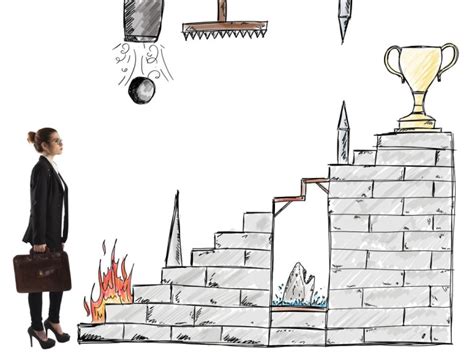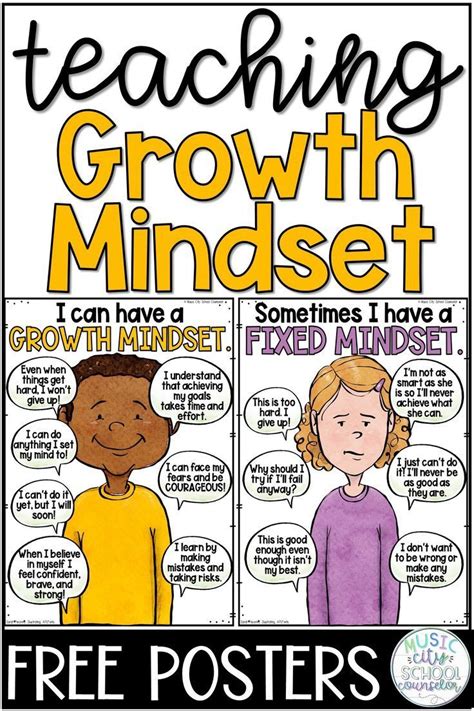Navigating the Inevitable: Setbacks in Fitness and Finance
Life, by its very nature, is a series of ups and downs. Whether you’re striving for a personal best in the gym or meticulously managing your financial portfolio, setbacks are an inevitable part of the journey. A pulled muscle can derail a fitness routine, just as an unexpected expense or market downturn can shake financial stability. The true test isn’t in avoiding these challenges, but in how we respond to them. Building a resilient mindset is the ultimate tool for not just surviving, but thriving, through adversity.

The Power of Resilience: Why It Matters
Resilience is more than just bouncing back; it’s about bouncing forward. It’s the capacity to recover quickly from difficulties, adapt to change, and grow stronger through the experience. Without resilience, a setback can easily spiral into demotivation, self-doubt, and even despair, making it incredibly difficult to resume progress or pursue new goals. Cultivating this mental fortitude allows us to view obstacles not as dead ends, but as detours and learning opportunities.
Strategies for Fitness Setbacks
1. Acknowledge and Accept
Whether it’s an injury, a plateau, or a loss of motivation, the first step is to acknowledge the setback without judgment. Frustration is natural, but dwelling on it only prolongs recovery. Accept where you are and shift your focus to what you can control.
2. Redefine Goals and Find Alternatives
If your primary fitness goal is temporarily out of reach, create new, smaller, and more realistic objectives. An injury might mean swapping high-impact workouts for swimming or rehabilitation exercises. A plateau might call for a change in routine or nutrition. Focus on what you can do, not what you can’t.
3. Prioritize Recovery and Self-Care
Listen to your body. Rest, proper nutrition, and adequate sleep are paramount for physical recovery. Incorporate mindfulness practices, gentle stretching, or spend time in nature to manage stress and maintain a positive mental outlook.

Strategies for Finance Setbacks
1. Conduct a Realistic Assessment
When facing financial difficulty, it’s crucial to get a clear picture of your current situation. Review your income, expenses, debts, and assets. Avoid burying your head in the sand; knowledge is power, even if the truth is uncomfortable.
2. Cut Unnecessary Expenses and Prioritize Needs
Identify areas where you can immediately reduce spending. Differentiate between needs and wants. Creating a lean budget allows you to conserve resources and stabilize your financial position more quickly.
3. Explore New Income Streams and Upskill
Look for opportunities to increase your income, whether through a side hustle, freelance work, or by developing new skills that can lead to better employment prospects. Investing in your human capital is a powerful way to build long-term financial resilience.
4. Seek Professional Guidance
Don’t hesitate to consult with a financial advisor, credit counselor, or therapist if the stress becomes overwhelming. External perspectives and expert advice can provide actionable steps and emotional support.

Overarching Principles for Rebuilding Resilience
1. Practice Self-Compassion
Be kind to yourself. Setbacks are not failures; they are part of the human experience. Treat yourself with the same understanding and encouragement you would offer a friend.
2. Learn from the Experience
Once the initial shock or disappointment subsides, take time to reflect. What lessons can be learned? What could you do differently next time? This reflective process turns adversity into wisdom.
3. Focus on Progress, Not Perfection
Rebuilding takes time. Celebrate small victories and acknowledge every step forward, no matter how tiny. Perfection is an illusion; consistent effort and gradual improvement are the keys to long-term success.

4. Build a Strong Support System
Surround yourself with people who uplift and encourage you. Share your struggles with trusted friends, family, or a mentor. A strong support network can provide emotional strength, practical advice, and accountability.
5. Embrace a Growth Mindset
Believe in your capacity to learn and grow from challenges. View your abilities and intelligence not as fixed traits, but as something that can be developed through dedication and hard work. This perspective empowers you to tackle setbacks head-on.
Conclusion: Your Mindset, Your Greatest Asset
Whether the disruption is in your fitness journey or your financial landscape, the power to rebuild and rebound lies primarily within your mindset. Setbacks are not defining moments that dictate your future; rather, they are opportunities to demonstrate incredible strength, adaptability, and an unwavering commitment to your goals. By cultivating resilience, practicing self-compassion, and actively employing these strategies, you equip yourself to not only overcome the current obstacle but to emerge from it stronger, wiser, and more prepared for whatever challenges lie ahead.





